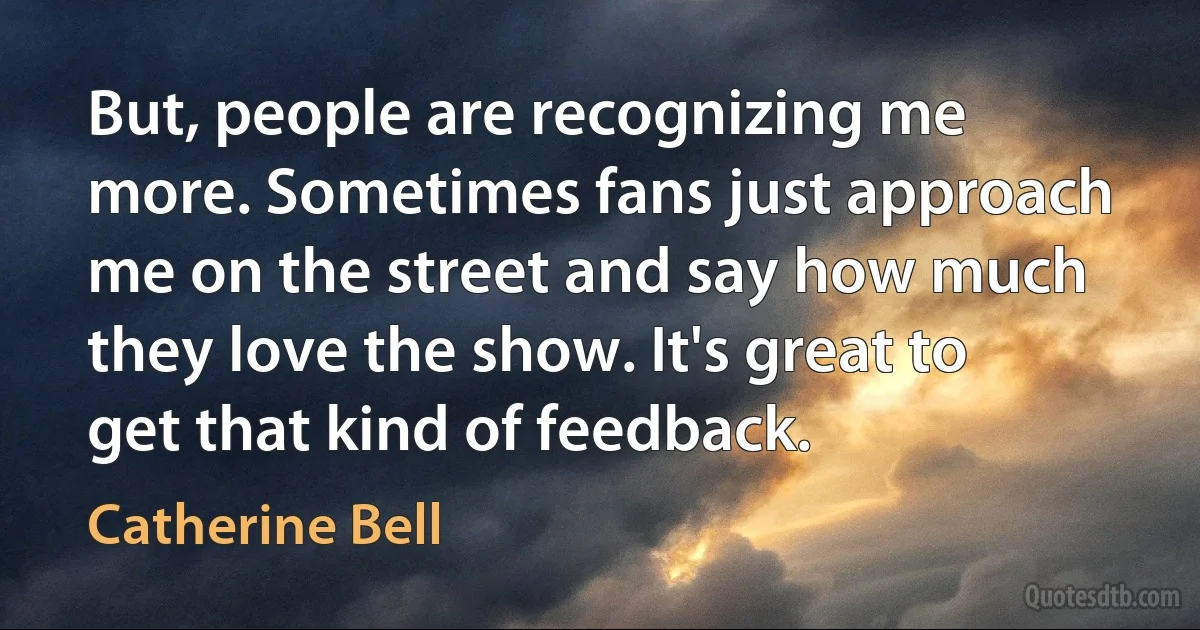Feedback Quotes - page 2
As I have already hinted, one of the directions of work which the realm of ideas of the Macy meetings has suggested concerns the importance of the notion and the technique of communication in the social system. It is certainly true that the social system is an organization like the individual, that it is bound together by a system of communication, and that it has a dynamics in which circular processes of a feedback nature play an important part. This is true, both in the general fields of anthropology and sociology and in the more specific field of economics; and the very important work, which we have already mentioned, of von Neumann and Morgenstern on the theory of games enters into this range of ideas. On this basis, Drs. Gregory Bateson and Margaret Mead have urged me, in view of the intensely pressing nature of the sociological and economic problems of the present age of confusion, to devote a large part of my energies to the discussion of this side of cybernetics.

Norbert Wiener
In this very special form, feedback became part of the jargon of Group Dynamics, which has also assumed many of the characteristics of a cult in the efforts made to conserve some of the rigor of procedure with which Kurt Lewin and the experimentalist, Alex Bavelas, had attempted to imbue it. In this case, far from serving as a catalyzing, high-level theoretical tool, the term feedback has become a jargon-catchall for any kind of report back to government, management, the subjects of an experiment, subjects during an experiment, and so on. Stripped of its intellectual potential, the term knocks about the corridors of Unesco and for the most part those who use it have no idea that this bit of enjoined, Group Dynamic-recommended behavior is in any way related to the forbidding cross-disciplinary integration known as cybernetics.

Margaret Mead
In 1946, a Macy Foundation interdisciplinary conference was organized to use the model provided by "feedback systems," honorifically referred to in earlier conferences as "teleological mechanisms," and later as "cybernetics," with the expectation that this model would provide a group of sciences with useful mathematical tools and, simultaneously, would serve as a form of cross-disciplinary communication. Out of the deliberations of this group came a whole series of fruitful developments of a very high order. Kurt Lewin (who died in 1947) took away from the first meeting the term "feedback". He suggested ways in which group processes, which he and his students were studying in a highly disciplined, rigorous way, could be improved by a "feedback process," as when, for example, a group was periodically given a report on the success or failure of its particular operations.

Margaret Mead
I wrote the first 5,000 words of William the Antichrist. It had a demon named Crawleigh. He drove a Citroen 2CV, and was ineffectual. Proper demons like Hastur and Ligur loathed him. It had a baby swap. I sent it to a few friends for feedback. Then my graphic novel Sandman happened, and it was almost a year later that the phone rang.
"It's Terry," said Terry. "'Ere. That thing you sent me. Are you doing anything with it?"
"Not really."
"Well, I think I know what happens next. Do you want to sell it to me? Or write it together?"
"Write it together," I said, because I was not stupid, and because that was the nearest I was ever going to get to Michaelangelo phoning to ask if I wanted to paint a ceiling with him.

Neil Gaiman
A number of proposals have been advanced in recent years for the development of ‘general systems theory' which, abstracting from properties peculiar to physical, biological, or social systems, would be applicable to all of them. We might well feel that, while the goal is laudable, systems of such diverse kinds could hardly be expected to have any nontrivial properties in common. Metaphor and analogy can be helpful, or they can be misleading. All depends on whether the similarities the metaphor captures are significant or superficial.
It may not be entirely vain, however, to search for common properties among diverse kinds of complex systems... The ideas of feedback and information provide a frame of reference for viewing a wide range of situations, just as do the ideas of evolution, of relativism, of axiomatic method, and of operationalism... hierarchic systems have some common properties that are independent of their specific content...

Herbert Simon



